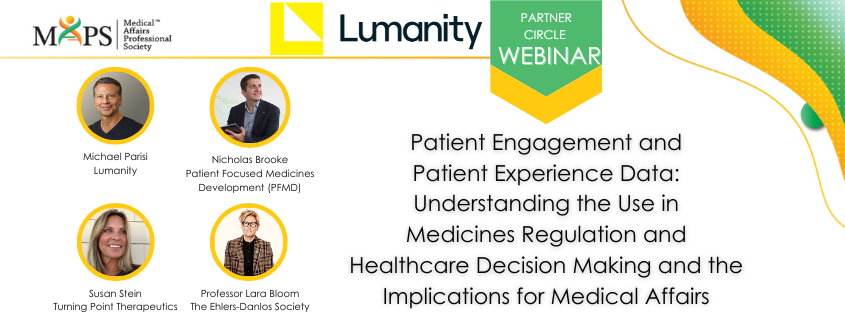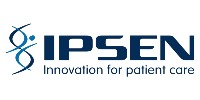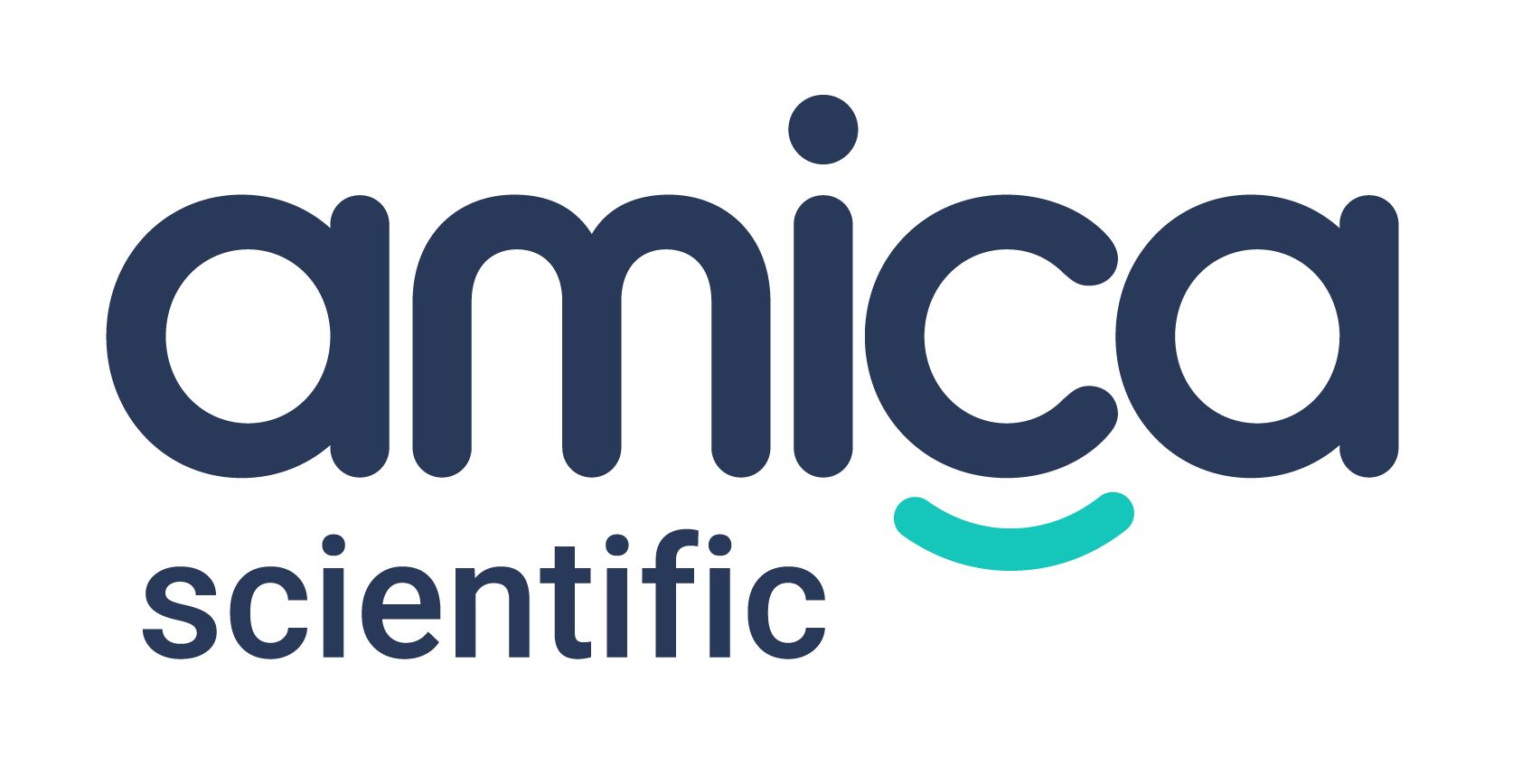 https://medicalaffairs.org/wp-content/uploads/2022/11/On-Demand-WordPress-Lumanity-Webinar-November-4.png
321
845
[email protected]
https://medicalaffairs.org/wp-content/uploads/2025/03/MAPS-Logo-R-NoTagLine-2048x679-1.png
[email protected]2022-11-04 18:28:082024-05-11 09:13:46Patient Engagement and Patient Experience Data: Understanding the Use in Medicines Regulation and Healthcare Decision Making and the Implications for Medical Affairs
https://medicalaffairs.org/wp-content/uploads/2022/11/On-Demand-WordPress-Lumanity-Webinar-November-4.png
321
845
[email protected]
https://medicalaffairs.org/wp-content/uploads/2025/03/MAPS-Logo-R-NoTagLine-2048x679-1.png
[email protected]2022-11-04 18:28:082024-05-11 09:13:46Patient Engagement and Patient Experience Data: Understanding the Use in Medicines Regulation and Healthcare Decision Making and the Implications for Medical AffairsThe Medical Affairs Professional Society (MAPS) Patient Centricity Focus Area Working Group are to ensure understanding of the current state of patient centricity as it relates to the Medical Affairs function, and the needs of Medical Affairs professionals; to raise awareness among Medical Affairs professionals of the current state of “patient centricity” in the biopharmaceutical/device industry; to To define how Medical Affairs specifically can play a role in increasing patient centricity in their organization; and to identify current barriers (real and perceived) to implementing patient centric approaches and propose solutions to overcome them.
Activities:
We will organize patient centricity-focused workshops for MAPS meetings in North America, APAC (Asia Pacific – China/Japan), and EMEA (Europe, Middle East, Asia) regions. We will collaborate within the Focus Area Working Group members and with external advisors and experts, including patients and patient advocates, to develop original content for webinars, podcasts, eLearning courses, and/or white papers. In addition, the working group will periodically contribute cogent and timely content on relevant patient centricity-focused topics for the MAPS publication, Elevate magazine. Most importantly, we will provide a supportive resource for all Medical Affairs Professionals, to expand their knowledge, understanding, and ability to support or lead patient-focused activities in their organizations.
Strategic Objectives
#1 Raise awareness among Medical Affairs professionals of the current state of “patient centricity” in the biopharmaceutical/device industry:
- Develop a foundational curriculum on patient centricity for Medical Affairs Staff
- Conduct webinars to elucidate challenges in patient centricity: diversity, inclusion and equity
#2 Define how Medical Affairs specifically can lead in increasing patient centricity in their organizations:
- Define the role medical affairs can play in driving patient centricity
- Identify case studies/best practices on role medical affairs can play in increasing patient centricity
- Identify innovations and emerging trends in patient engagement
#3 Identify current barriers (real and perceived) to implementing patient centric approaches and propose solutions to overcome them:
- Enhance understanding on current barriers in terms of compliance, legal and regulatory perspectives and organizational constraints
- Raise awareness of tools and solutions to overcome barriers
LATEST PODCAST EPISODE
Description:
- explain what publication plain-language summaries are and how patients find them useful
- share patient experience of being involved in reviewing PLS, and key points to consider from a patient’s perspective when developing PLS
MEMBERS
Roslyn Schneider MD, MSc, FACP, FCCP
Co-Lead
VP, Head of Global Patient Affairs (GPA)
Tricia Gooljarsingh
Co-Lead for Patient Centricity FAWG
Vice President, Medical Affairs
Rebecca Vermuelen
Chapter Lead Global Patient Networks - PD Medical Affairs















